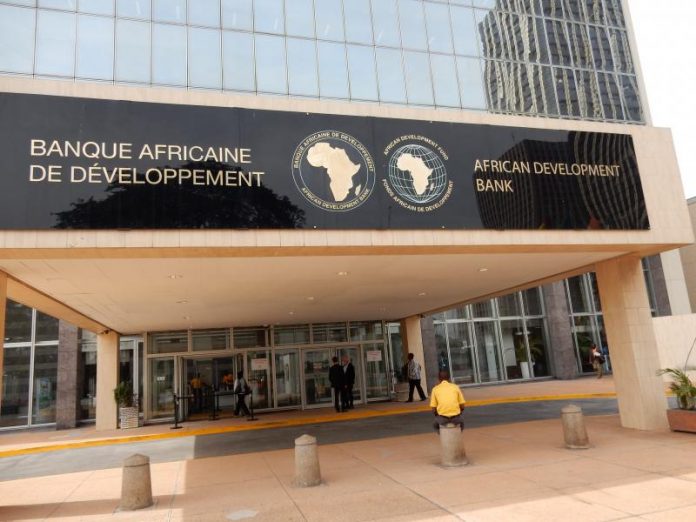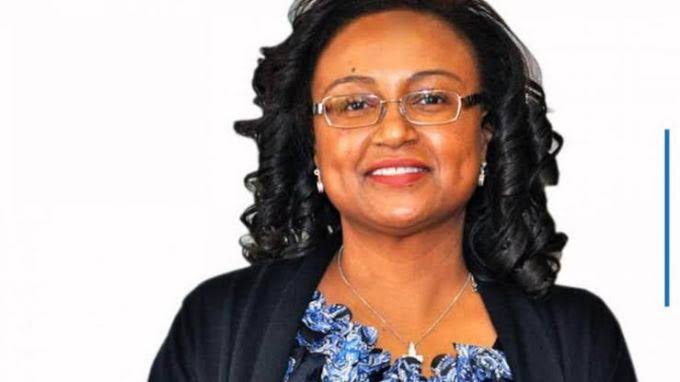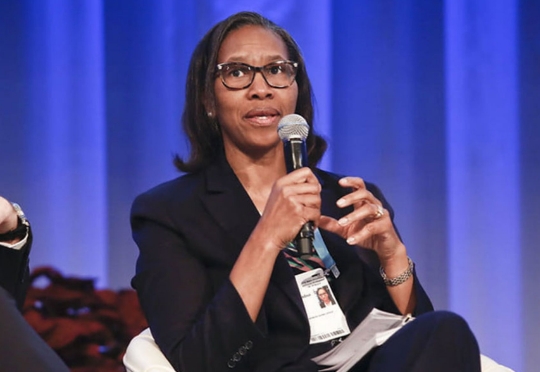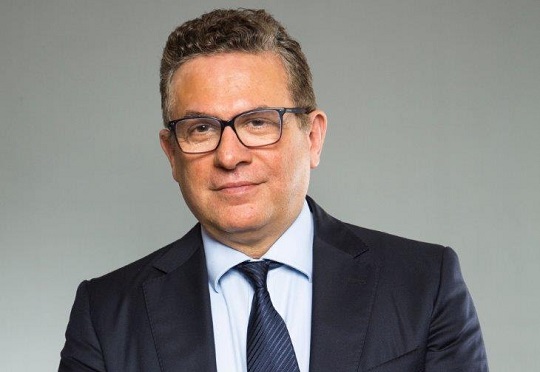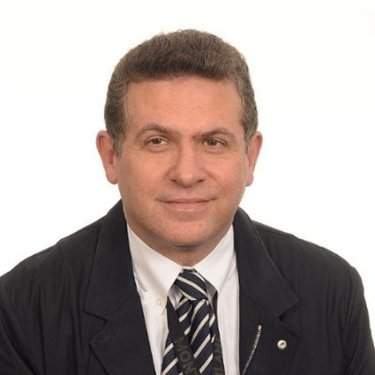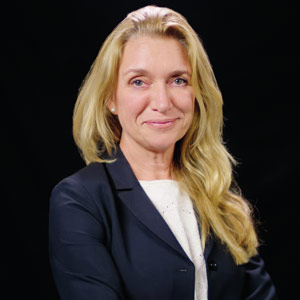African Development Bank Approves $170 Million Investment in Nigeria’s Digital and Creative Start-ups.
The initiative launched by the Nigerian government to promote investment in the digital and creative industries has attracted the attention of the African Development Bank (AfDB) with a loan of $170 million to finance digital and creative enterprises in the country.
To be co-financed by the Agence Française de Développement (AFD) and the Islamic Development Bank (IsDB), the program targets more than 68 million Nigerians aged 15 to 35 years who are recognized as leaders of innovative, early-stage, technology-enabled start-ups or as leaders of creative sector micro, small and medium sized enterprises.

Speaking about the development, the President of the African Development Bank Dr. Akinwumi A. Adesina said that, “Governments have a much greater role than just policy making. They need to be innovative and create an enabling environment that includes infrastructure and de-risking to harness private sector investments in key growth sectors,”
Read also Nigeria Sovereign Investment Authority Backs Ventures Platform In New $40m Fund For African Startups
The investment in the Digital and Creative Enterprises Program will also support the leaders through enterprise support organizations – groups that support, train, and sometimes fund entrepreneurs – including innovation hubs, accelerators, venture capital and private equity firms. Bank financing of i-DICE will help the Government initiative further consolidate Nigeria’s position as Africa’s leading start-up investment destination and as a youth entrepreneurship hub.
“This program is among the latest series of our operations meant to bolster the implementation of the Bank’s Jobs for Youth in Africa Strategy. Given that tech-enabled enterprises cut across all the economic growth sectors, the program’s focus on the digital sector will deepen Nigeria’s job creation efforts,” said Beth Dunford, Bank Vice President for Agriculture, Human and Social Development.
Read also Great Green Wall Will Turn the Sahel Green Says AfDB President
The initiative will stimulate investments in 226 technology and creative start-ups and provide non-financial services to 451 digital technology and small and medium enterprises. The program is expected to create 6.1 million direct and indirect jobs, of which the Bank’s financing will support the creation of about 850,000 jobs. The value added to the Nigerian economy connected to the program is estimated at $6.4 billion.
The program will boost Nigeria’s venture capital market through independently managed funds focusing on digital and creative enterprise. These funds aim to attract an initial capitalization of $433 million in private and public sector financing.
“This program will generate significant economic benefits to Nigeria,” said Lamin Barrow, Director General of the Bank’s Nigeria Country Department. “The program interventions will help respond to the challenges of youth employment in Nigeria, which could intensify without scalable interventions. I want to recognize the strong country ownership, under the leadership of Vice President Osinbajo,” he added.
Read also Nigerian Fintech Explores Francophone Africa, Backs Ivory Coast’s CinetPay In $2.4m Seed Round
The African Development Bank’s active portfolio in Nigeria comprises 57 operations across 30 public and 27 private sector operations, valued at about $4.61 billion. The i-DICE Program aligns well with the Bank’s strategic priority areas, better known as the High 5s – specifically, “Industrialize Africa,” “Improve the quality of life for the people of Africa,” and “Feed Africa.”
Kelechi Deca

Kelechi Deca has over two decades of media experience, he has traveled to over 77 countries reporting on multilateral development institutions, international business, trade, travels, culture, and diplomacy. He is also a petrol head with in-depth knowledge of automobiles and the auto industry


